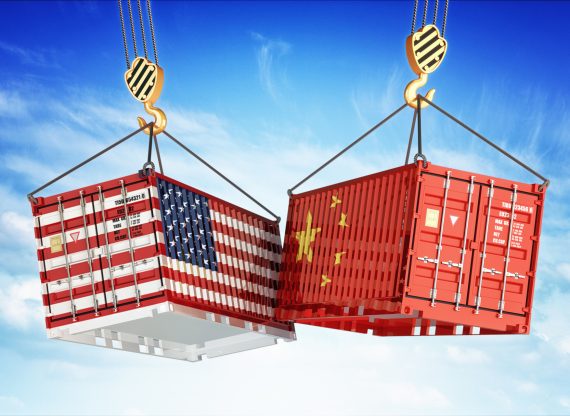US-China Trade Accord Could Bring Collateral Damage to Canada

Yesterday the US and China announced a “Phase 1” trade deal that commits Beijing to buying an additional $100 billion per year in goods from the US. Hélène Baril at La Presse worries that this may shut Canadian exporters out of the Chinese market.
She is right to worry. This is precisely a risk of managed trade, where one industry or country horse-trades with another, with disfavoured industries and outsiders left to suffer.
In an ideal world, countries wouldn’t discriminate at all. They would let every business in the world compete to give Canadian consumers the absolute best products at the absolute best price. Even for local business it becomes a virtuous circle, as low-cost imports are used in the manufacture of more competitive Canadian products. If Americans want to wreck their car exports by foregoing cheap Korean steel, so be it.
Alas, we don’t live in that world. Instead, even reflexively free-trade countries erect trade barriers to pressure other countries in a destructive tit-for-tat. As Tom Palmer put it, it’s like saying, “I’ll stop strangling myself, but only if you stop strangling yourself.”
As for Canadian exporters, they likely will lose share in China as a result of this deal. Canada simply isn’t big enough to play chicken the way the U.S. can. Meaning Canada would have to join in with larger countries (the UK, the EU) to present a unified front. This could take years to organize, would be a challenge to hold together and, ultimately, may not work if China feels backed into a corner.
Even simpler, though, Canada could cut its own import restrictions, putting Canadian consumers first, while making Canada’s exports even more competitive.

